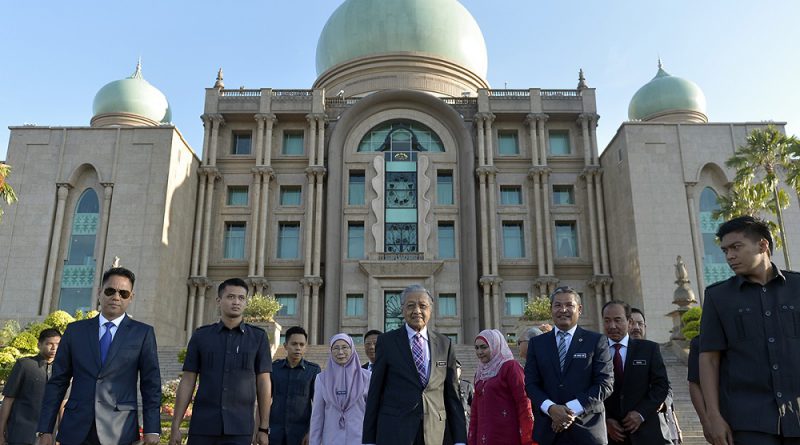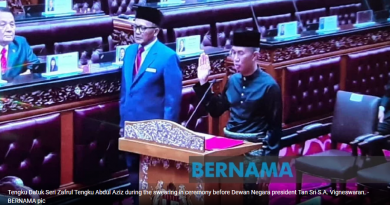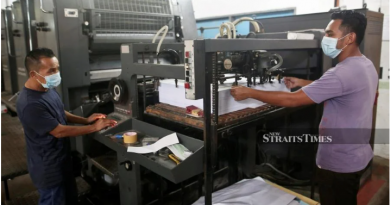Report: Malaysian civil society was unprepared for regime change
KUALA LUMPUR, March 27 — Malaysian civil society groups did not prepare alternative strategies because they did not expect Barisan Nasional (BN) to lose the 2018 election, a report suggested.
According to the annual report by global civil society organisation (CSO) alliance Civicus, local groups not only face the challenge of resisting being co-opted by Pakatan Harapan (PH) administration, but also to provide a new approach after years of attrition under BN.
“While there was momentum for change and a number of initiatives that saw civil society coalitions or collaborations focused on the outcomes of the elections — for example, by issuing alternative manifestos — there was little real discussion on the possible scenarios, given the uncertainties and concerns that unlawful methods would be used to resist this change.
“It wasn’t clear what civil society’s stance would have been had the outcomes been different, and how it proposes to move forward in this environment,” University of Nottingham Malaysia’s assistant professor Gayathry Venkiteswaran was quoted saying in the State of Civil Society Report 2019.
Malaysia was listed as one of the examples where the establishment has been shocked in 2018, along with Armenia, Ethiopia, Maldives, Mexico, and South Korea.
The report noted that Malaysian CSOs had to deal with the possibility that BN and its supporters would reassert themselves, while at the same time deal with a federal administration that may be resistant to change.
“There may still be fears that the BN coalition, especially members of Umno and organisations associated with them, use provocations to destabilise the situation, and that Malay-Muslim electorates are pressed hard to become more fundamentalist in response to a multiracial narrative.
“At the same time, there are concerns that the ruling coalition could backtrack on its promises in order to accommodate the opposition and resistance from among BN and Umno supporters,” Gayathry added.
She added that local CSOs should ensure that any reforms take place for the long-term, irrespective of which political parties are in power, pointing to now defunct Coalition for Good Governance in Selangor, and the Penang Forum, following the 2008 regime changes in both states.
This comes as the report said that globally, government attacks on humanitarian organisations are on the rise, while right-wing populists, nationalists and extremist groups are being mobilised to attack vulnerable groups such as refugees, migrants, and the lesbian, gay, bisexual and transgender (LGBT) community.
“Civil society, acting on humanitarian impulses, confronts a rising tide of global mean-spiritedness, challenging humanitarian values in a way unparalleled since the Second World War,” said Civicus secretary-general Lysa John.
The annual State of Civil Society Report examines major events that involve and affect civil society around the world.
It contains contributions from civil society across the world and findings from the Civicus Monitor, an online platform that tracks threats to civic space in every country.
The Civicus Monitor currently rates Malaysia as “Obstructed”, with most recent attacks including criminal defamation cases involving online criticisms against religion and monarchy, and the attacks against the Women’s March Malaysia this month.
Source : MalayMail



